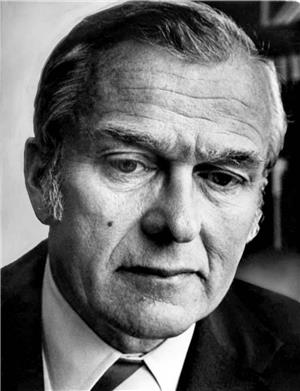On September 11, 1962, voters turn down a referendum to authorize the Municipality of Metropolitan Seattle (Metro) to undertake planning for a regional mass transit system. With vociferous opposition from the Automobile Club of Washington (AAA) and anti-tax conservatives, the measure fails 39,000 votes to 57,000.
The State Legislature granted Metro latent authority for mass transit subject to voter approval, and this had been submitted as part of its original charter election in March 1958. After voters rejected a broader role, James Ellis and other Metro proponents scaled the regional agency's mission back to water quality and waste treatment, which won approval in September 1958.
Bad Timing?
Metro decided to tap public excitement over the 1962 "Century 21" World's Fair and the new Monorail by asking voters to activate its "latent" transit authority. Although the referendum entailed no public debt or new taxes, it drew immediate fire from fiscal conservatives and auto-dependent interests. The Automobile Club of Washington accused Metro of planning to levy "wheel taxes" on private cars and mounted an expensive campaign against the referendum.
The election coincided with the opening of the first major stretches of Interstate 5 and also the arrival in homes of Metro's first bills for water treatment. In defeat, Metro Council chair C. Carey Donworth conceded that the referendum might have been "premature."

